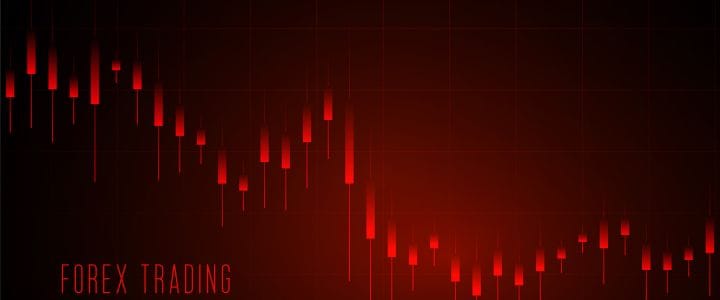Table of Contents
ToggleFuture of Forex Trading: Are You on the Right Track?

Every market movement tells a story. Behind every currency fluctuation, commodity swing, or yield curve shift lies a deeper question: Are we building portfolios for the world we have—or for the world we need?
In the fast-paced domains of Forex (FX), commodities, and cryptocurrencies, it’s easy to focus on the next trade or the immediate market movement. But as uncertainty becomes the new norm, shaped by AI disruptions, climate risks, geopolitical fragmentation, and shifting value systems, investing has evolved. It’s no longer just about exploiting volatility but about navigating a future being rewritten in real time.
This is the future we must prepare for—not with fear, but with foresight, purpose, and bold vision.
Future of Forex Trading: From Strategy to Stewardship
As traders and investors, we excel at managing risk. But are we ready to manage responsibility? While we optimize entries, exits, and exposure, how often do we consider whether our portfolios are contributing to—or safeguarding against—broader systemic risks?
To thrive in the future, we need a dual perspective:
One eye on alpha, the other on alignment with a sustainable, ethical, and future-forward economy.
One hand on technical indicators, the other on a moral compass that steers capital toward long-term, real-world outcomes.
If your portfolio doesn’t account for long-term shifts like climate risks, AI-driven disruption, digital currency adoption, and re-globalization, you’re not positioning for the future—you’re surviving the past.
Modern trading demands a shift from short-term thinking to strategic anticipation. This doesn’t mean abandoning the trade; it means expanding the framework in which we operate. Today’s traders are no longer just speculators; they’re participants in shaping the flow of capital to meet the demands of a changing world.
The Role of AI in the Future of Forex Trading: Intelligence and Integrity
Artificial Intelligence has revolutionized how we analyze markets, predict trends, and execute trades. However, it raises critical questions:
Who governs the algorithms?
Are they built on transparency and inclusivity?
Can machines be trusted to manage markets without human accountability?
AI is not just a tool—it reflects our intentions. To create a just and stable market, AI must be trained with not only data but also values. Ethical and adaptive AI systems can guide us through uncertainty, aligning investments with purpose-driven principles.
How FX, Commodities, and Crypto Reflect the Future of Forex Trading
Each asset class offers unique insights into global changes:
Forex: Reflects evolving geopolitical and economic narratives, emphasizing the need for diversification and strategic risk management.
Commodities: Highlight resource scarcity, fragile supply chains, and the urgent demand for climate adaptation.
Cryptocurrencies: Showcase the rise of decentralized finance, challenging traditional financial structures and paving the way for innovation.
Reframing Risk as Responsibility in the Future of Forex Trading
In the old paradigm, risk was seen as volatility.
Today, the greater danger lies in misalignment with reality. While portfolio drawdowns may be temporary, misreading strategic shifts can lead to long-term consequences.
Traders must now manage not only uncertainty but also consequences. Where capital flows, influence follows. And today, that influence must prioritize stability, innovation, and resilience.
We shouldn’t just trade the market; we should aim to shape the future.
Investing with Intention: Trade the Future of Forex Trading, Not Just the Trend
Across financial markets, the demand is growing—not just for performance, but for purpose.
Forward-thinking traders and investors are seeking strategies that combine technical precision with global awareness. Today, we need more than indicators and algorithms—we need strategies guided by both accuracy and perspective.
Now is the time to think beyond short-term outcomes. It’s time to design portfolios that don’t just survive the future—but actively shape it. Whether you manage millions or trade in small lots, the principle remains the same: every trading decision is a vote for the kind of world we believe in.
Every investment decision allocates not just capital but influence.
So, pause and ask yourself:
Are you positioning for tomorrow or repeating yesterday?
The real question is no longer simply:
“What am I trading?”
But rather:
“How am I investing in the future?”
If that vision isn’t clear, perhaps it’s time to stop following trends—and start leading them.
”



